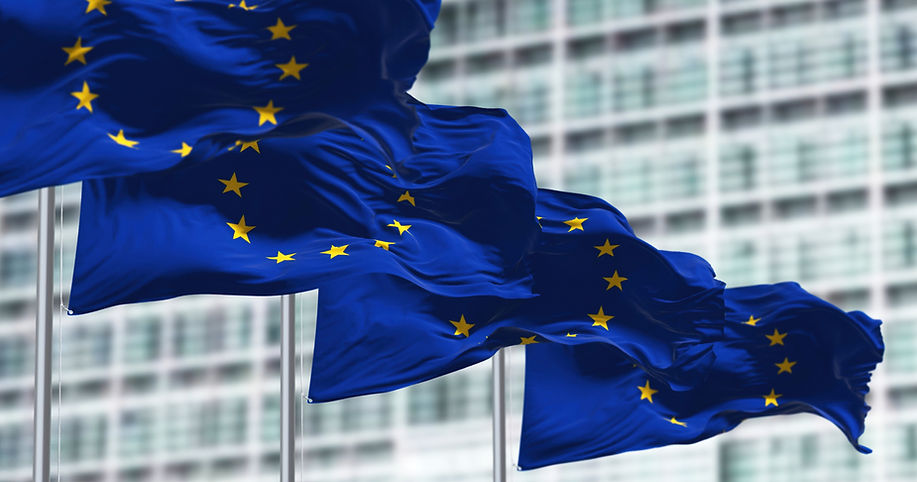Impact of the Digital Markets Act (DMA) on Consumers across the European Union
Executive Summary
The European Union’s sweeping ex ante digital competition law targeting the world’s leading digital service providers, the Digital Markets Act (DMA) has been in effect for over a year. On 28 April-15 May 2025, Nextrade Group surveyed 5,000 European consumers on the DMA’s effects on Europeans’ daily lives. The survey found that:
-
Two-thirds of Europeans use on a daily basis at least three digital services in the DMA’s scope, such as online search, social media, and online marketplaces, which speaks to these services’ continued usefulness and quality.
-
Majorities of EU consumers report new complications of using the Internet that are traceable to the DMA.
-
Most Europeans’ online experience is worse today than before early 2024. Two-thirds feel they now have to search longer for relevant online content than pre-DMA.
-
Six in ten Europeans who use search engines many times a day report having to search up to 50 percent longer than before the DMA, and use more elaborate search terms.
-
European consumers also report a decline in the quality of specific online services, such as map services (35 percent report a decline) and relevance of search results (33 percent).
-
In addition, 42 percent of Europeans that travel at least once a month say that search results for flights and hotels are less helpful today than before the DMA.
-
Europeans find that online services have become less personalized since the DMA entered into effect. For example, 39 percent see online ads and 30 percent see video content as less relevant because it is less personalized, and 25 percent find it more difficult to find relevant, personalized job leads than pre-DMA.
-
Europeans prefer many of the online services undercut by the DMA: for example, going directly to apps rather than having an app choice screen on the phone (59 percent), and readily accessing diverse shopping results to compare products and prices (57 percent).
-
Majorities of Europeans, and over 70 percent in Southern Europe, would like to restore pre-DMA services. And they would even be willing to pay a premium to get them back.
Overall, the results indicate that Europeans continue using their favorite digital service providers targeted by the DMA, thanks in part to the ongoing efforts of these companies to deliver quality products to consumers in spite of the DMA. However, the results also indicate that the DMA has made Europeans’ digital experiences more cumbersome and less intuitive and personal.
Download data for the figures here.

